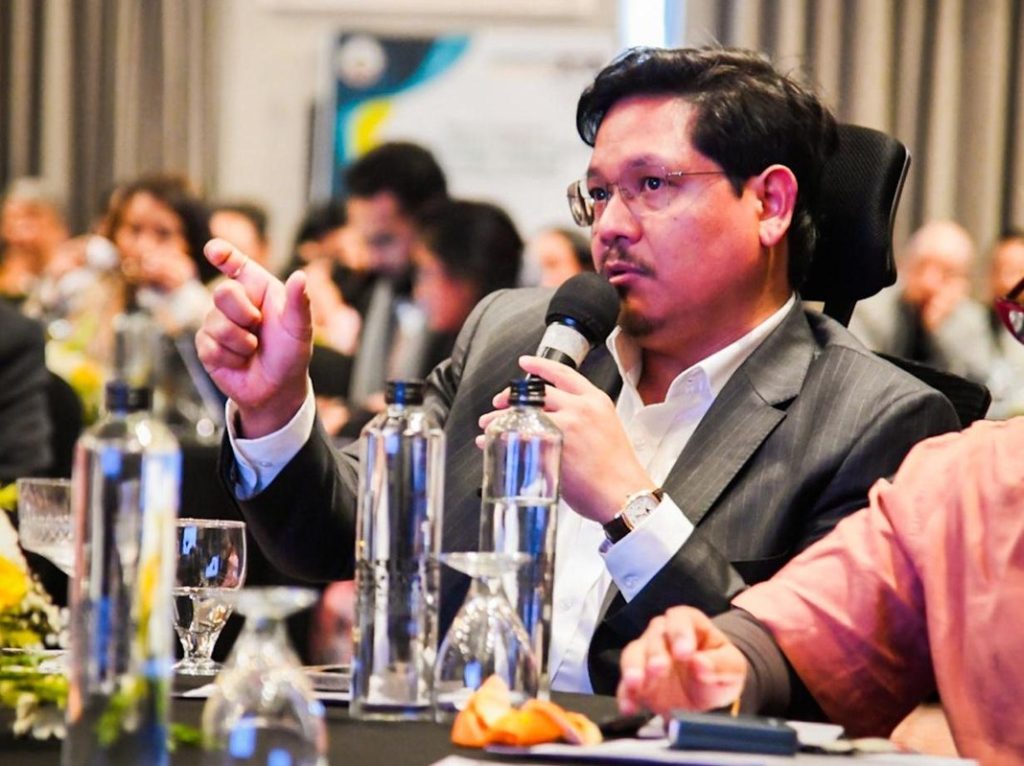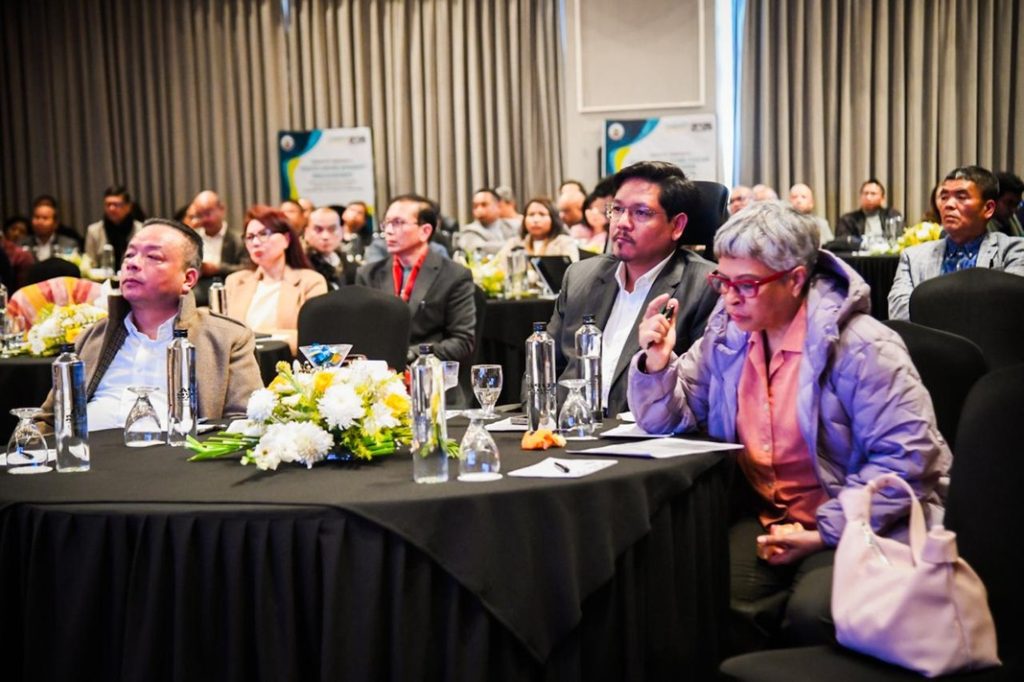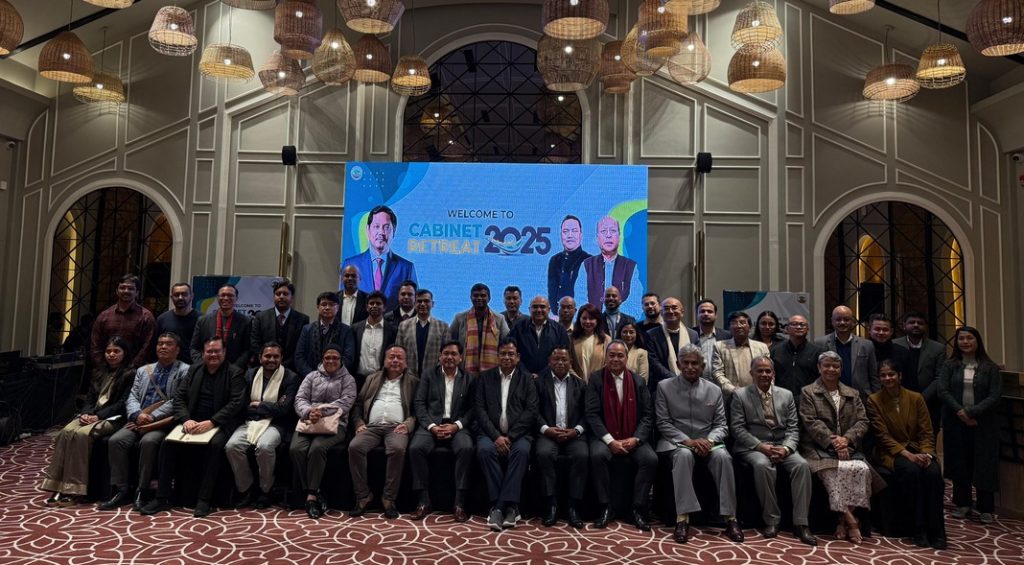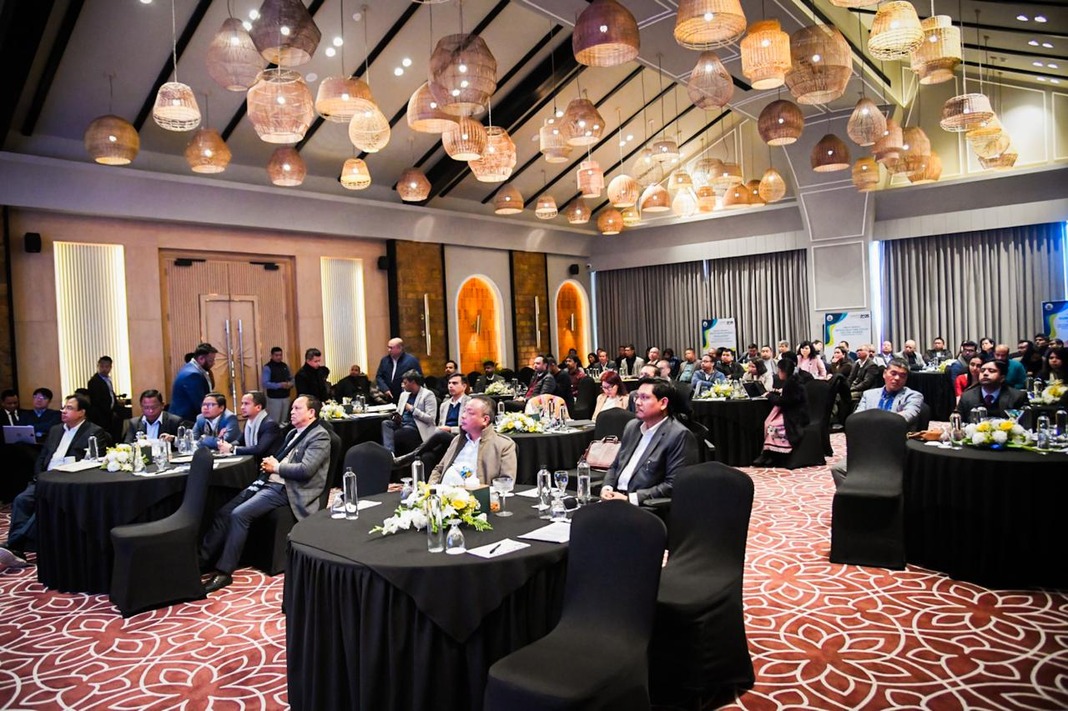Sohra, Jan 12: In the picturesque landscape of Sohra, history unfolded this weekend as Meghalaya’s Chief Minister, Conrad K. Sangma, convened a two-day cabinet retreat that promised to be more than just another government meeting. This “first-of-its-kind” gathering brought together cabinet ministers, senior government officials, and Deputy Commissioners in an ambitious effort to carve out a visionary roadmap for the state—Vision 2032.

Far from the usual bureaucratic routine, the retreat was structured around dynamic thematic sessions designed to tackle Meghalaya’s pressing challenges in health, education, and infrastructure. These discussions, marked by an open exchange of ideas, sought to transform obstacles into opportunities through strategic collaboration.
The retreat’s central objective? To propel Meghalaya into the league of India’s top 10 states by fostering a targeted, measurable, and people-centric approach. Each department identified key performance indicators (KPIs) that would act as stepping stones to this ambitious goal, while the emphasis on synergy underscored the need for departments to break down silos and work collectively.

The Heart of the Retreat
Chief Minister Sangma described the retreat as a “fruitful session” and an “eye-opener.” His rallying cry emphasized clarity in goals, achievable targets, and relentless follow-up. But his vision extended beyond conference rooms. He urged ministers and officers to step out of their offices and connect directly with the public.
“Field visits provide invaluable insights that cannot be gained through reports alone,” Sangma said, highlighting the importance of grassroots-level understanding. His directive to replicate similar retreats at the district level underscored a commitment to decentralization and inclusivity.

Collaboration and Innovation
Chief Secretary D.P. Wahlang praised the retreat as a groundbreaking initiative. “It has been a good learning experience and a milestone in improving coordination and communication between departments. This perhaps is the first such program in the country and deserves the attention of the Prime Minister,” he remarked.
Wahlang’s words reflect the larger ethos of the retreat: breaking barriers, sharing knowledge, and creating actionable plans. The retreat was not just a platform for discussion but a launchpad for innovation, pushing the state towards sustainable growth.




